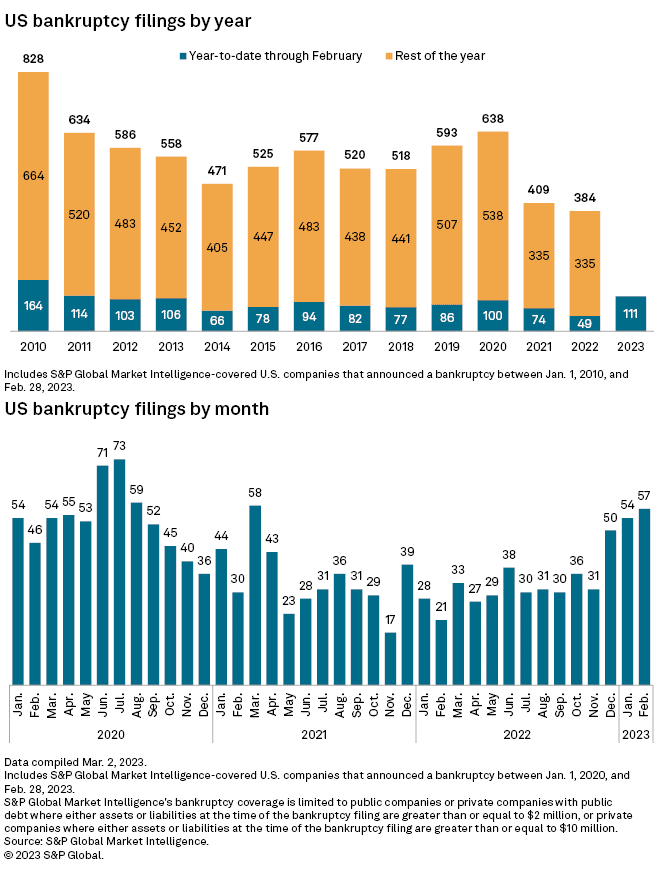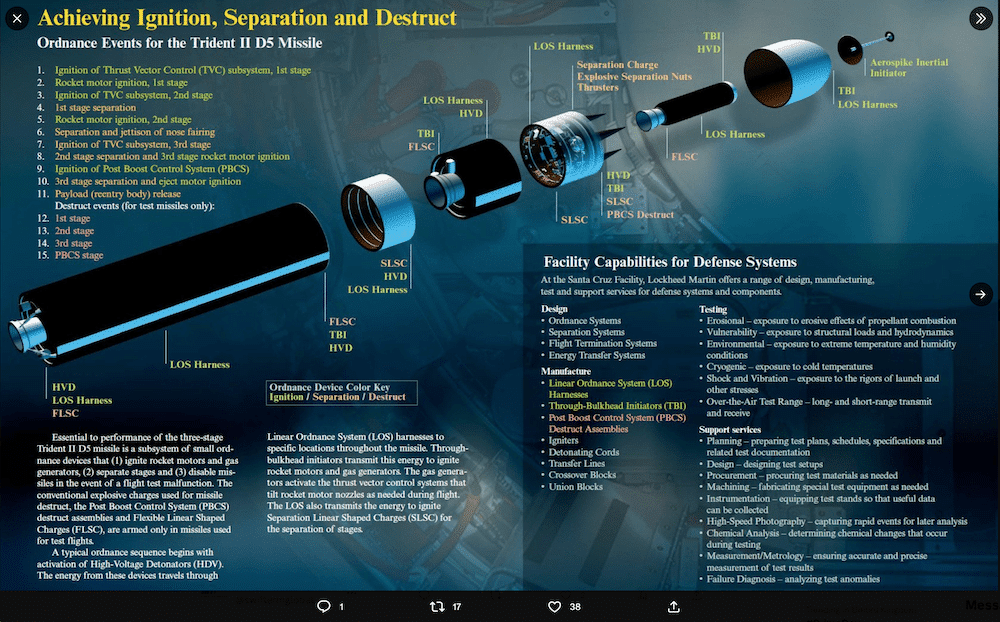You may feel that it would be reasonable to add to your tech stack incrementally, as you measure your progression and remain within a designated comfort zone, interpreted here let’s say, as reasonable parameters. Choices preferred are commonly from acknowledged software, lately led by generative AI, to complement your existing growth patterns.
But instead of being a CMO your title was General? OK, you might think so far so good. But history offers up a litany of generals who weren’t ready but also ill-equipped for what was coming, McClellan, Bragg, Percival, Clark. So the question you must ask yourself is, which are you?
The advent of generative AI suggests one thing, that things are moving faster now than they ever have. How many times do you watch a film and see the loser’s obvious mistake – taking a knife to a gunfight? I bet you never draw a parallel with your business.
We all want to be the hero, walking off into the sunset. No one perceives themselves as the first to fall. So stop a moment and take a look at all the companies that have fallen in the last 12 months, and imagine what if that time frame was getting tighter and tighter.
US Bankruptcy filings are hitting a 12-year high. UK corporate bankruptcies are no better.

Rarely, if ever, do Hollywood producers make the hero a backroom marketer, who had the forethought and intelligence to prepare for war. The one who armed his troops with the right gear and equipment plus ensured the perpetual supply and logistics were in place too. But companies do, or at least the successful ones.
So what should your marketing be armed with?
To many, that is like asking Warren Buffett what stock he is about to buy. One certain thing is that where there is frenetic interest in something, it is because there is an opportunity that is easy to see. And there is no greater interest in marketing at the moment than in generative artificial intelligence.
What if you could move your current returns up so safely and securely, that it took your ROI into the realms of being blue-chip stocks? So secure that economic fluctuation risks became protected, and competitor activity was your peer’s concern that you had sufficient resources to invest in both aggressive market acquisition, while also being able to consolidate your CPA, LCV and ROI all at the same time.
We are talking weapons-grade marketing plutonium, the nuclear protection, that only the strongest countries and most established and well-run companies in existence enjoy. But what if you could have it for a steal?
The most capable solutions currently being acquired are either in personalisation or customer acquisition. However, they are more specific than those general terms they are GAIPP software – generative AI predictive hyper-personalisation software. Leading global research consultants including Forrester, Gartner, Statista and Bain all support that the highest ROI in marketing today is in predictive personalisation, and since 2022 studies concluded this, AI has sharpened its focus further. Phenomenal figures over 20x the ROI of all other marketing channels combined have been published.
But the abhorrence for AI technology introduction is what to do with all that data? Who to employ, doing what? The nightmare scenario begins. But what if you could adopt solutions that took the data, analysed it, identified the action to be taken, and implemented it for you, within a nano-second, to the maximum possible effect? General, that would be like having a game-changing ordinance in the field when you need it. The distinction between the top 30 AI hyper-personalisation providers is considerable and worth checking out.
Does it capture data directly from every potential KPI on your ecommerce site? – Yes
Does it store, analyse and calculate the best possible use of that data? – Yes
Does it strategise the best possible moment to implement the application of that data? – Yes
Does it use generative ai to create the maximum potential revenue from the application of that data? – Yes
Does it do all this wholly autonomously? – Yes
Has it been vetted and approved by the platforms for maximum approval before taking it to market? – Yes
AI hyper-personalisation weaponising marketing
Some of the most successful marketing campaigns are focused on creating emails that look like they were written personally by humans rather than being machine-generated. AI technology helps analyse consumer behaviour and study their interests to generate data-driven insights. This makes it possible for you to create customised emails that are tailor-made for each of your subscribers.
Subscribers are more likely to skip your email if it doesn’t tickle their fancy. In other words, AI can tell you what content is needed to resonate most with your target audience at a personalised level. The best way to gather data for an effective approach to this method is to ask them to set their preferences while signing up or after they’ve received their welcome email.
But these are limited thoughts toward a utopian future only, limited by what we know and perceive currently, therefore limiting our potential opportunity. Remember that the purpose of email marketing is the generation of revenue, and closely followed by perpetual maintenance of CLV too. This then opens Pandora’s box to a realistic future potential, allowing the AI to achieve uninhibited, and most likely unimaginable opportunities.
Let’s move to how far it’s got so far, and consider predictive personalisation. Consumers no longer want to overtly be sold to. That demands replacing the labours of your marketing copywriters and designers, into simply and purely the presentation of exactly the products that each consumer is most likely to buy, and offer it to them at precisely the right moment. This then is the very definition of predictive personalisation, and any retailers not using it today, are at a disadvantage.
The role of Big Data in robotic email marketing
Both personalisation and automation of an email marketing campaign wouldn’t be possible without the help of big data. You don’t have to be a big company to deal with this kind of concept, especially if you’re still trying to segment your subscribers to create more personalised emails. This is fraught with danger, incurring big overheads and low return rates, but most evident is the need to achieve a return from this effort before seeing dividends.
Predictive personalisation, which is wholly autonomous, starts much higher up the ROI curve, not requiring any human input whatsoever. It has learnt the foibles, needs and wants of every individual consumer before it begins. It doesn’t matter how good an individual employee is at understanding and appreciating their customers, because they can’t know them as well or the precise moment an individual wants a new top, shoes, lipstick, what brand, what colour, or what consistency, as AI can.
The naysayers will now be grumbling about it not carrying the corporate voice, but as all the data is dictated by the content of your site, that’s exactly what is done. Without holidays, sick leave or even sleep it perpetually watches the buying history and impressions of each individual, and offers the perfect product selection for that individual at the perfect moment. It is essential to ecommerce marketing. Humans will always have their idiosyncrasies and incur mistakes, but AI doesn’t. It just perpetually adds to your revenue stream as nothing before experienced.
With email marketing becoming more common than ever, it’s getting more difficult to make your emails worthy of your subscriber’s time since they are receiving a huge amount of emails daily. But with the help of big data, you’ll have a chance to stand out from the noise.
Analysis of huge sets of data can help you avoid bombarding subscribers with mass generic emails in the future. With personalisation and unique content as your point of focus, you’ll be able to stand out from all the clutter they receive from other marketers daily.
The Importance of Machine Learning
As both personalisation and relevance increasingly become more crucial for email marketers, machine learning is steadily playing an important role through its application to personalise your relation with each consumer, timing and especially product content. With its combination with big data, an effective AI for email marketing can be put into place to achieve the following objectives:
AI knows what promotion works best with each of your customers based on their history, interests and habits, whether it’s product recommendations, discounts, freebies, or rebates.
When a customer abandons a shopping cart, AI can retarget that customer by sending an email either to have them reconsider and finally purchase the product or recommend a similar item. Emails will have a CTA that leads to a landing page where your customer can easily complete the purchase. Thanks to the AI that’s set to make product recommendations, the probability of conversions becomes enormous.
There has never been a more important time in history for you to act. From here on it is how you will be judged.





